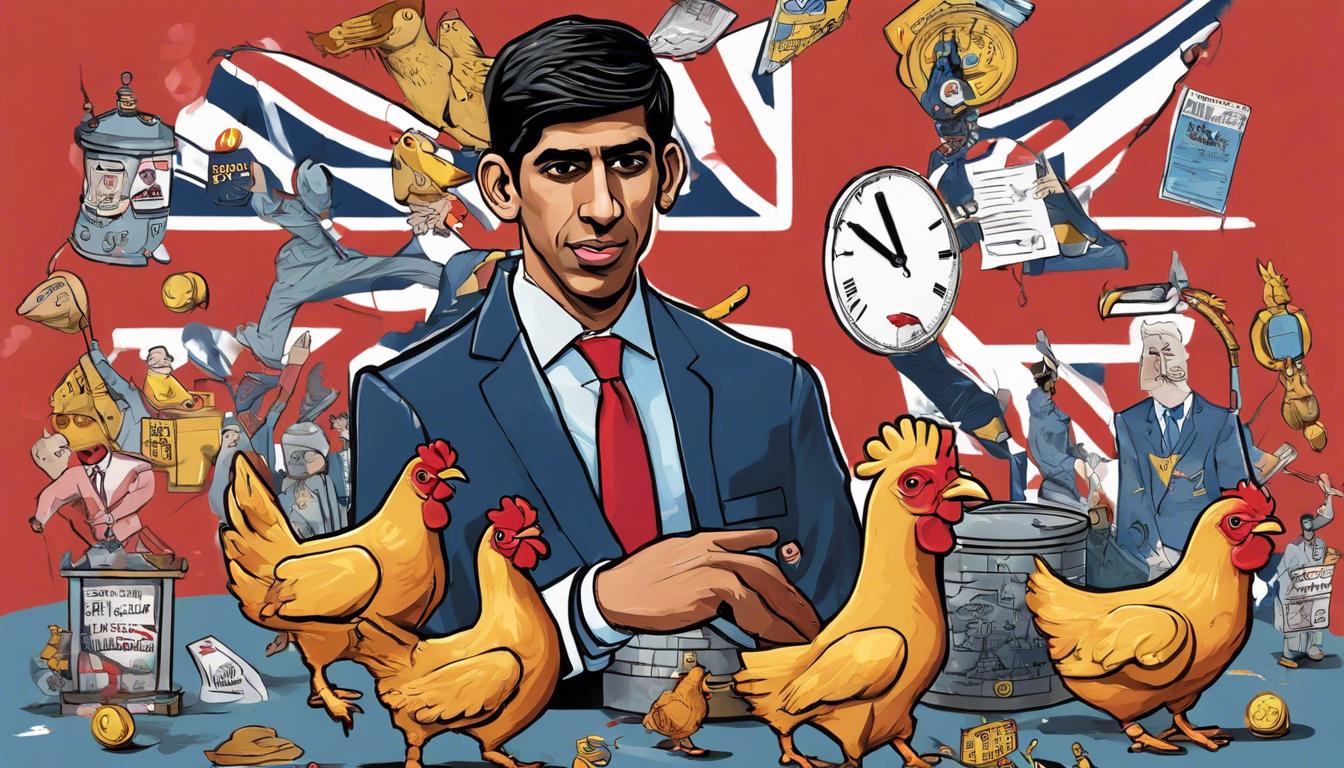Recent debates over economic policies, defence spending, and electoral politics underscore complex challenges faced by the UK government, as Labour questions the financial feasibility of tax cuts and the adequacy of military readiness.
In a series of recent political developments across the UK, significant discourse has unfolded within the realms of economic policy, defence spending, and electoral politics, each bringing to light various positions held by political figures and the administration under Prime Minister Rishi Sunak.
Labour has raised concerns regarding Chancellor of the Exchequer’s proposed £46 billion national insurance cut, suggesting that to fund such a measure, pensions might need to be means-tested. The discussion, highlighted by Labour’s shadow Cabinet Office minister, Jonathan Ashworth, underlines the potential financial implications of realising such tax cuts. Advocacy groups for pensioners, represented by Silver Voices director Dennis Reed, have voiced apprehensions about the future of state pensions may becoming means-tested benefits if national insurance contributions are abolished. The debate continues as Labour seeks clarity on the government’s plans to finance these tax reductions.
In another vein, the UK’s military readiness has been scrutinised amidst revelations by former armed forces minister John Spellar indicating that Britain’s army could deplete its munitions supply within just ten days in the event of a war. This assertion, defended by current armed forces minister James Heappey, has sparked discussions on the necessity of increasing defence spending to bolster the UK’s military capabilities. Senior Tory MPs and party figures have vocalised the need to elevate defence spending to three per cent of GDP to sustain the armed forces’ war-fighting level.
Adding a lighter touch to recent political discourse, Labour MP Jonathan Ashworth made headlines with a jovial exchange on Sky News, where he labelled PM Rishi Sunak a “chicken” for dismissing the notion of an early general election. Having lost a bet with news anchor Kay Burley over the timing of the election, Ashworth’s good-natured settlement of the wager added a playful dynamic to the ongoing discussions on electoral politics.
These developments paint a multifaceted picture of the current political landscape in the UK, covering wide-ranging issues from economic policy and social welfare to defence spending and electoral strategies, reflecting the complex interplay of governance, accountability, and public discourse under the leadership of Prime Minister Rishi Sunak and his administration.













